Moving in [before or] after marriage
A move can be stressful enough, but trying to combine households and personal lives during a global pandemic can be even harder. For the specifics on coronavirus moves, check out this article. For now, we’re going to focus on successfully marrying your lifestyle to your partner’s in your new home.
Discussing your financial plans With the merging of households also come the financial implications. Moving can be very expensive, even if you do not hire professional movers, so take this into account when working on your new joint budget.
This is also a great time to discuss any outstanding debts, mortgages or recurring bills that may affect your joint bank accounts moving forward.
Evaluate your joint possessions This is also an opportunity to donate or purge any extra, unwanted items that you may have in either of your households. An itemized list can help you inventory what you have and what you would like to take with you.
Preparing for the move There are enough details to manage on a daily basis, so a thorough packing and moving in checklist can help you prepare for your move much more efficiently. Don’t forget to update your address and set up utilities before you move in.
Settling in after the move While unpacking and organizing are not the most entertaining bonding activities out there, you can still keep things light with music and banter with your new spouse while you hang your wedding photos and create your new marital household.
There’s housekeeping to do outside the house, too: Don’t forget to update your car registration, driver’s license, and other documentation. Many spouses undergo a name change, so this will need to change on all of your documents. In non-pandemic times, changing your last name usually required a notary, but in the age of coronavirus, people have had to adapt.
“We’ve seen a massive uptick in people using Notarize to notarize their marriage certificates remotely in light of COVID, and those same customers often come back to us to do the same for documents related to buying their next home,” says Cristin Culver, VP of Communications for Notarize. “It’s one of the ways COVID brides and grooms have had to adapt in 2020.”
Maintaining a healthy relationship for the years to follow
As exciting as it can be to merge households, life after marriage can still leave you feeling drained and stressed after the pressures of a wedding and moving. These are some ways that you can maintain a healthy marriage in the years to come.
- Plan a honeymoon or vacation. Coronavirus may change the way we travel, but there are still plenty of ways to celebrate your nuptials with a honeymoon or vacation.
- Maintain communication. Communication is key to a healthy marriage, so talk openly and honestly with your partner to avoid unnecessary misunderstandings or conflicts.
- Establish healthy boundaries. Every marriage has its challenges, so work with your spouse to create clear boundaries for the future.
- Schedule time for each other. Life can get in the way sometimes, but be sure to schedule time just for the two of you. Whether it is regular date nights or regular twilight walks after work, finding ways to spend time together will only reinforce your love and promote a healthy marriage.
- Don’t forget about Me Time. Just as you make time for your spouse, don’t forget to take time for yourself, too. Spa days and nights out with friends are always popular, but journaling and self-care are important, too. You can even look into using a wellness or relaxation app.
- Check out podcasts for married couples. No matter how long you have been married, all couples go through their share of problems. Podcasts for married couples can help you promote better togetherness and well-being in your marital life.
Marriage counseling Sometimes, stress can disrupt even the most secure marriages. This is where marriage counseling can help. If you begin to see issues sprouting up in your marriage, a professional therapist can help you develop and reinforce healthy habits based on what makes a good marriage.
Every couple fights, but an experienced and professional marriage counselor can help you ensure it doesn’t have lasting impacts on your marriage so you remain just as in love as you were on the day you were married.
Lena Borrelli is a Tampa-based writer who specializes in personal finance, home improvement, and moving content. She's worked with leading industry titans, such as Morgan Stanley, Wells Fargo, and Simon Corporation. Her work has most recently been published on sites like Bankrate, The Simple Dollar, Fiscal Tiger, ADT, and Home Advisor, as well as many other websites and blogs around the world.

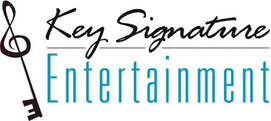
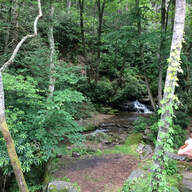


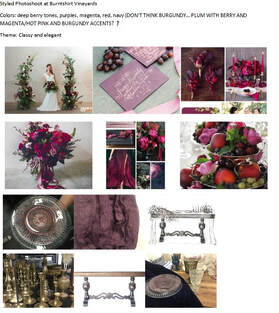
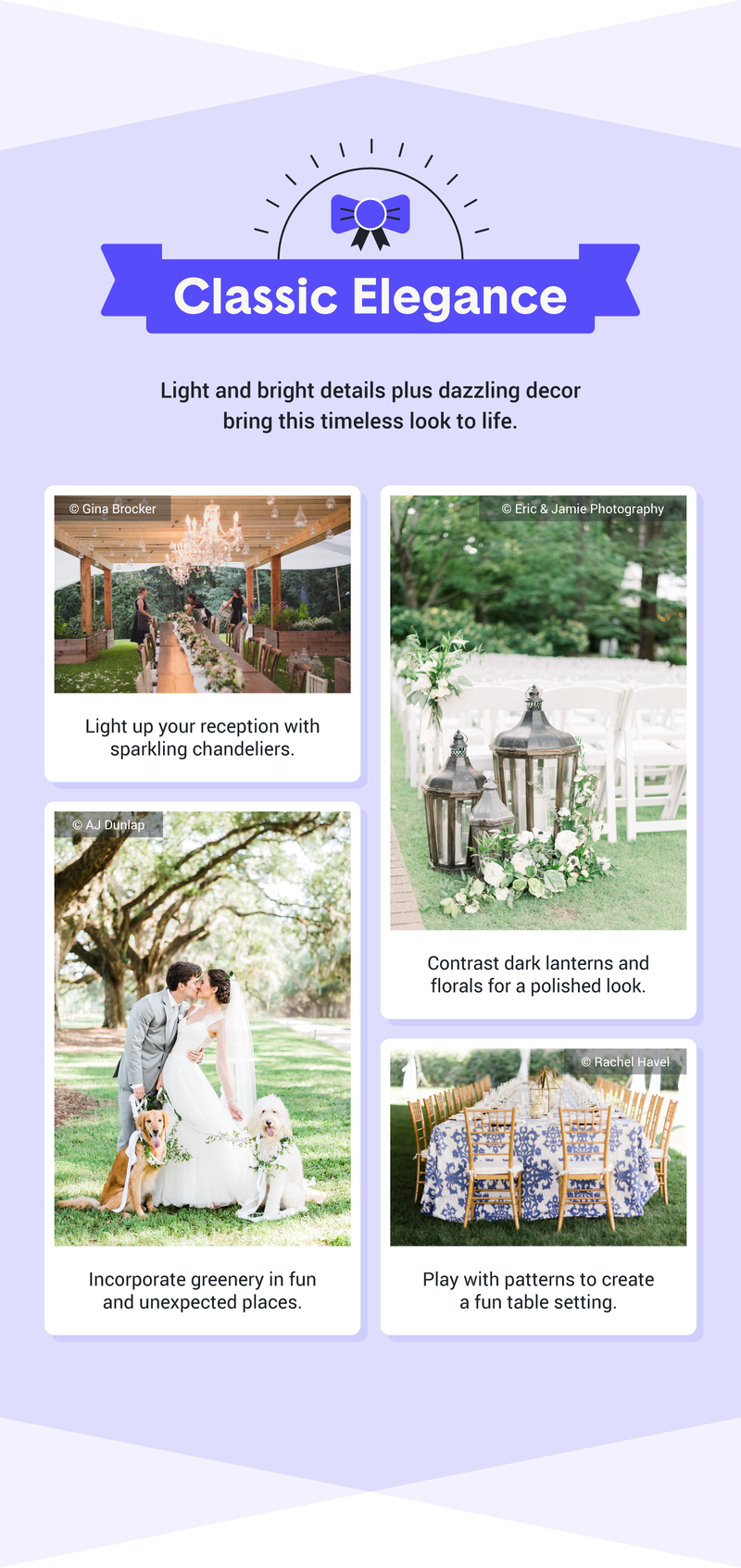
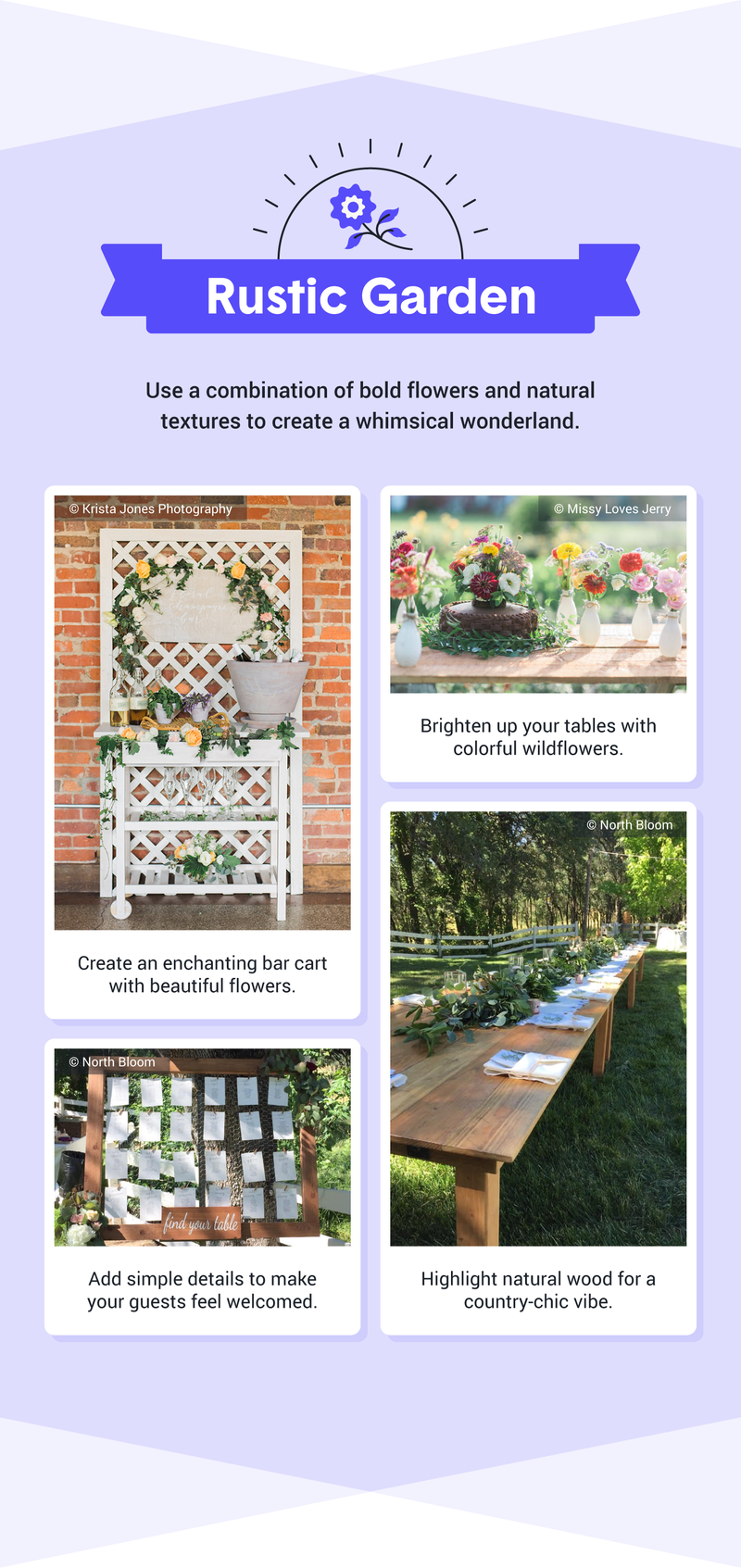
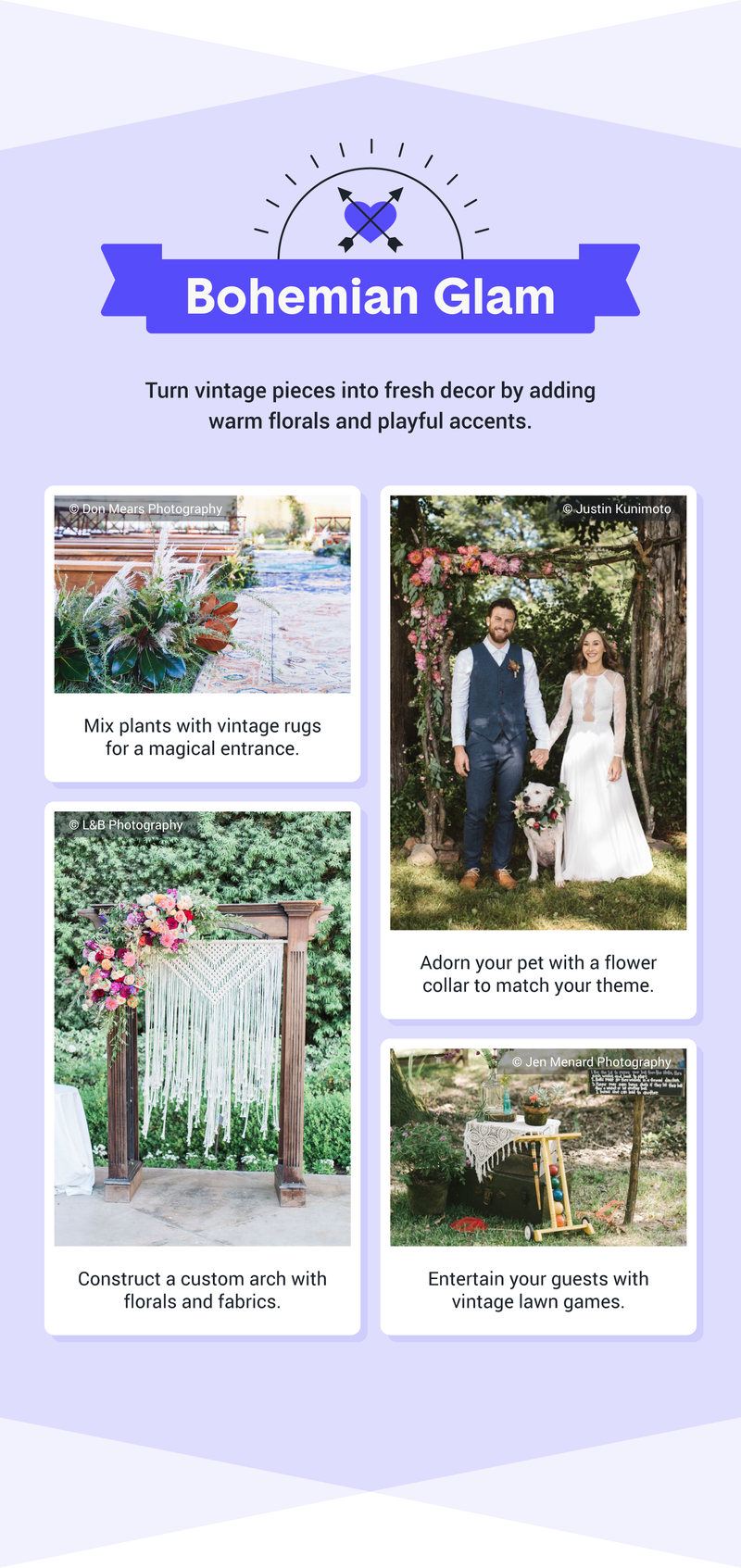
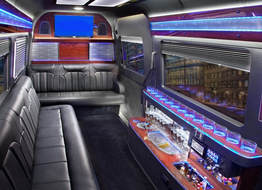

 RSS Feed
RSS Feed
